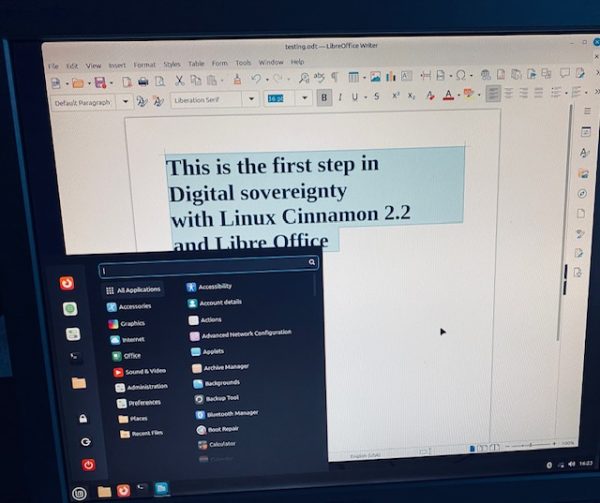I do not collect data of detailed webpage analytics. Therefore, I thought I do not know anything and do not want to know anything about webpage visits of this webpage. However, the most basic information of how many times the webpage is visited per months is given by the hosting service of the webpage. The previous jump beyond 20.000 visits/month had the implication to move the security level of the webpage for me and all visitors to a higher level. Additional information of how many seconds an “internaut” is staying on the webpage tells, maybe a little bit about the interest in the content or image of a specific entry. Reaching 84.000 visitors/month was a surprise that asks for an explanation. Apparently, the most visited page is the blog entry on “geo-politics”. The longest time people stayed on a page or blog entry is a recent entry on “nutrition policy”.
Other statistics show that people who visited an entry on “find trust”, trusted in the webpage to click on many other entries or pages on “www.schoemann.org”.
I do not collect data or statistics on where visitors go after a visit. The hosting service, however, measures the so-called “jump-off” rate. This indicates the importance of the webpage as spring board to jump to other pages on the internet. It is usually = 1, just showing that you left somewhere. For some pages this reaches higher levels according to the number of links you offer on a blog entry, for example. It gives an indication whether you manage to lead on readers to explore the topic further. This is a usual evaluation question of lectures and seminars given at universities.
Last but not least, even without collecting any “real data” about visitors, it is part of the minimum information your browser transmits is the “operating system” used for access. Your smartphone provides the information on IOS, Android, Linux, or Windows versions used. These technical purposes remind me that there are still vast amounts of users of what we believe are outdated operating systems. Windows 7 and Windows 10 are still heavily in use across the globe. The hype around the latest operating system and smartphone is most likely only a phenomenon of the rich and wealthy in the rich parts of the western world. This reminds me to include images, which are small in data size to allow fast downloads in all parts of the world. We should embrace this as an important topic of geo-political relevance. 





